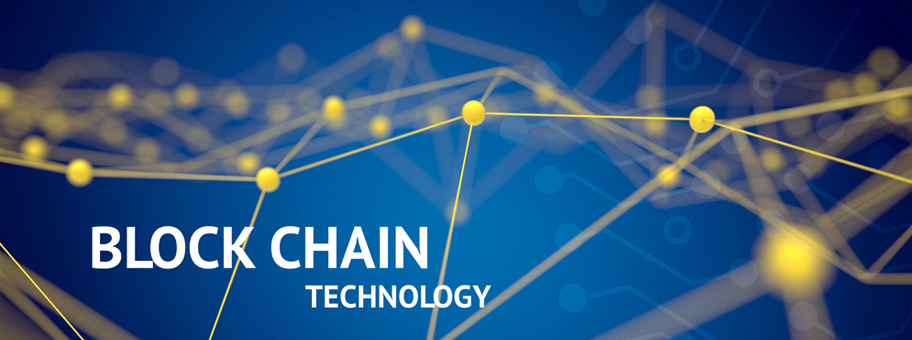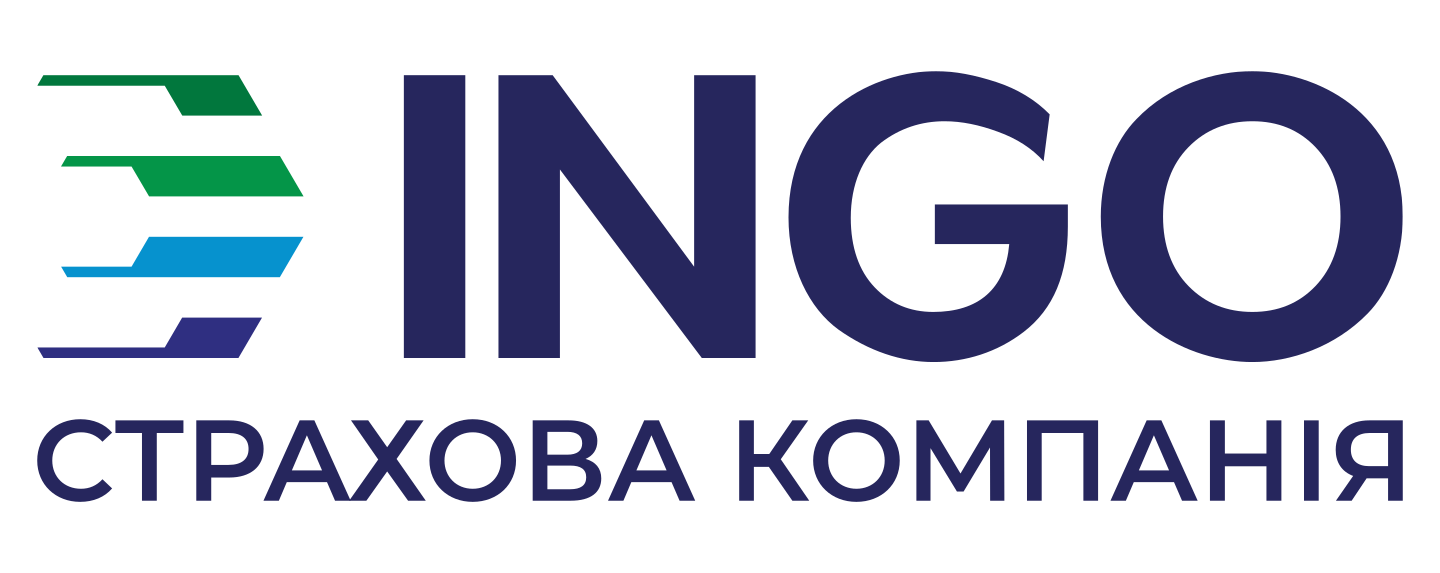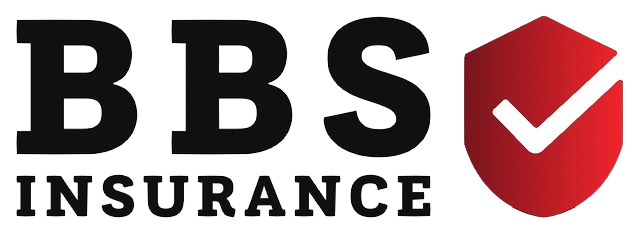ATTENTION! At 00:00 the MTIBU database will be updated. Please start concluding the contract after 00:00

17.11.2017
2139
Subscribe to our Telegram channel and be the first to receive the latest and most interesting news
Author - Volodymyr Shevchenko (Director General of MTSU)
Next in the original language
MTSBU plans to use blockchain technology to increase confidence in the OSAGO market.
At the recent General Meeting of insurers who are members of MTSBU, I announced plans to introduce blockchain technology into some of the Bureau's business processes.
The topic of using blockchain is extremely fashionable now, but we are not interested in the opportunity to shine with complicity to the popular technological trend, and create additional opportunities for real optimization of the market OSAGO and increasing the level of protection of policyholders. Let's discuss what can be done here using the latest technologies.
I will briefly remind you what a "blockchain" is: it is a decentralized database, the architecture of which excludes making changes to already recorded information. This is due to the fact that, according to certain rules, a continuous chain of blocks containing information is built, and copies of such chains of blocks are stored independently of each other and processed on many different computers.
Despite the conservatism of the insurance industry and some lagging behind other industries in the field of implementation of modern IT technologies (this trend is observed on a global scale) implementation of technology blockchain can help to cope with the key problems of the industry: weak interest of clients in insurance products, mistrust of insurance as such, lagging behind the requirements of the modern digital world. I will only note that the world's leading insurers, having assessed this challenge, are forming alliances within the framework of which projects using blockchain technologies will be implemented.
One of the largest consulting agencies in the world, "MsKinsey", analyzed what advantages blockchain technology can create for the insurance industry:
1. Increasing client interest and trust in the insurance industry in general.
Using the benefits of the blockchain to work with their personal information can be an important mechanism for increasing client trust. The use of blockchain technologies makes it possible to dispel the fear of clients regarding the theft of their personal data at the time of their transfer or storage, and also eliminates the tedious need to repeatedly enter personal data to conclude insurance contracts, for example, with different insurers.
It will also be possible to conclude an insurance contract faster: a certain algorithm for checking client data and confirming authenticity will allow you to use them to purchase a policy from any insurer. There are already startups aimed at the financial market that offer systems that allow collecting data from the client simply on the basis of a video interview with him (read the application on camera, show the document - that's all, your data is registered, and then verified and the identification is ready).
The creation of so-called "smart contracts" (agreements that are executed automatically when certain conditions are met) in connection with the blockchain also gives a number of very significant advantages for insurers. For example, this is partial or full automation of the payment process, a transparent mechanism for organizing and carrying out payments - all this should make insurance more understandable, convenient and safer in the eyes of the client.
How can it look, for example, in motor insurance? In the event of an accident, the "smart contract" can guarantee that payment will be made only if the car is repaired at the service station that is included in the list agreed with the insurer. Or that the payment will occur after automatic confirmation of other conditions: calculation of the amount of damage, determination of the culprit of the traffic accident in court, etc.
Such options can be implemented with the help of other technologies, not only blockchain, but blockchain has a unique advantage: it guarantees a high degree of transparency due to the decentralization and automation of verification and data confirmation.
2. Improving the quality and efficiency of business processes within the entire industry and its individual segments, reducing administrative costs.
The main idea for achieving these goals is the creation of a special blockchain database (industry or national), which will perform the functions of a single distributed register for the entire industry, containing both external data and information about clients directly related to insurance contracts.
This will allow in the field of motor insurance:
Now let's see how we want to apply blockchain technology directly to the Ukrainian OSAGO market and the work of the MTSBU.
The most important thing is this organization of work with databases, including the Central Bank of the MTSU. It is important that the database, built on blockchain technology, becomes "transparent" for any user, and is also completely protected from the possibility of fake entries, forgeries, etc. This removes absolutely all questions regarding the possibility of some interventions in "manual mode".
Globally, for the entire OSAGO market, the use of blockchain would largely solve the problem of trust deficit, because contracts on the blockchain work on the principle of "we conclude a contract, sign it on both sides and "put" it in the blockchain." Everything, now there is no possibility to make changes retroactively, or to say that there was no such contract. When data is recorded in the blockchain, a time and date field is assigned to it, and the technical features of distributed registers prevent their modification. When the time comes to edit the information, a new date and time is assigned, and the cryptographic parameters of the record are also changed. Blockchain is such an "independent witness" of the conclusion of a contract that cannot be bribed.
In addition, we expect that even the first steps using blockchain technologies will give a powerful impetus to the integration of various databases that can be used in motor insurance. As described above, high-quality integration based on the blockchain makes it possible to do many things quickly and automatically, including, for example, to make insurance payments in a number of cases.
The Bureau is actively working on the integration of the databases of the Ministry of Internal Affairs and Communications, the National Police and the State Border Service, so far without the use of blockchain. This will help solve a number of very urgent problems, the first of which is to automate the verification of the availability and validity of OSAGO and "Green Card" policies.
But let's look at the situation more broadly. Imagine this picture: information about the circumstances of the traffic accident is automatically downloaded from the National Police database, photos/videos of the traffic accident are from the data of road video recorders, the availability and validity of the OSAGO policy of the participants in the traffic accident is automatically checked, and the information is automatically sent to the insurer or to the centralized database of insurance events. medical institution And the policyholder no longer runs around various authorities, collecting "papers", checking the correctness of their filling and timeliness of submission, but literally "at the behest of the pike" receives payment in a short period of time. Fantasy?
Yes, such positive scenarios are still far away, but this is the real future of insurance. We must take small, but purposeful and regular steps to achieve it.
Another important aspect of implementing blockchain technologies is protection against fraud. The launch of the "electronic policy" system should reduce the possibility of fraud to almost zero, but we are well aware that "paper" fraud can be replaced by cyber fraud. Blockchain technology, the potential use of which we are also considering for "electronic policies," will eliminate all cause for concern, as it ensures the safety and inaccessibility of changes to information. Common concerns among our policyholders, such as "what if the insurer deceives us by substituting data," "what if the data disappears," will become completely unfounded.
The technology has managerial and strategic advantages for the MTPL market: it can only function in a collaborative environment. The MTPL market has made significant strides in recent years in terms of interaction and unified efforts to develop the market. It would be great if modern technologies provided new resources to strengthen this trend.
Source: Korrespondent














































